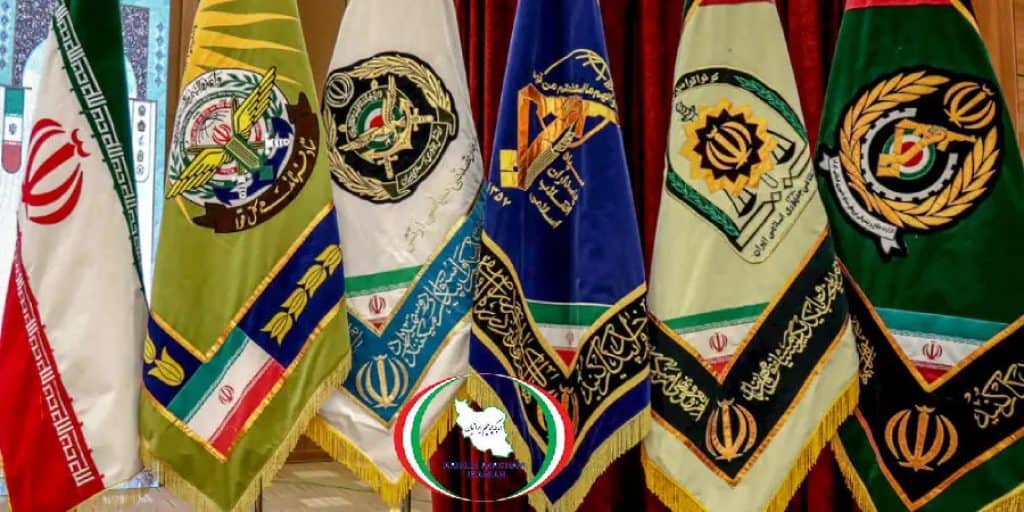
Israel’s war cabinet has reportedly agreed on what Iranian targets to strike in response to Iran’s October 1 missile attack. So, the question now is what method Israel will employ to carry out the attacks to effectively deter Tehran without escalating this battle into a full-scale war. In doing so, Israel has two choices: either publicly demean the regime or launch a series of covert attacks, and the latter is less likely to provoke Tehran’s retaliation.
After a series of meetings with US officials, Israel has reportedly reassured Washington that its upcoming response to the Islamic Republic will target the regime’s “military and intelligence” infrastructure. In contrast, an attack on Iranian oil facilities would have major repercussions for the global economy, a concern shared by both the United States and Iran’s Gulf Arab neighbors. Fearing the possibility of an all-out war, the Biden administration also allegedly discouraged Israel from targeting Iranian nuclear infrastructure. Washington and Jerusalem seemed to have reached a compromise where Israel’s response would avoid striking nuclear and oil sites while the US supplies Israel with the Terminal High Altitude Area Defense (THAAD) anti-ballistic missile system.
Although it remains unclear what Israel’s targets will be, the aim is likely to mitigate the threat posed by Iran’s ballistic missiles and unmanned aerial vehicles (UAVs). In such a scenario, the prime military target would be the Islamic Revolutionary Guard Corps, its missile and drone manufacturing facilities, and the bases housing ammunition and equipment. Not only would the destruction of these resources curb Tehran’s capability to launch ballistic missiles from its own soil, but it would also constrain the Islamic Republic’s proxy network’s use of Iranian-made drones and missiles.
Now that Israel and the US are seemingly aligned on the targets, the question is the way in which the response is carried out: whether it would be a series of covert attacks or if Israel seeks to publicize its military superiority over the Islamic Republic to undermine Iran’s image in the eyes of its supporters, both domestically and regionally. Tehran prefers the former.
The theocratic Islamic Republic is well aware of its unpopularity among Iranians, and multiple waves of nationwide anti-regime movements have further deepened this fear. Tehran’s calculations consider its ability to maintain its image as a formidable force against the ‘Great Satan’ and the ‘malevolent Zionist entity.’ Iran has shown that it will refrain from retaliation as long as it is not publicly undermined, such as in the case of the assassination of Hamas Chief Ismail Haniyah in a supposedly “secure” safehouse within Iran.
The 2020 wave of attacks on Iran’s nuclear and military infrastructure revealed Tehran’s strategic approach: a readiness to refrain from retaliation if it can cast doubt on the very occurrence of the attack. From June 25 to July 19, 2020, some 11 cyber and sabotage attacks targeted Iranian missile manufacturing bases, nuclear facilities, and petrochemical and power plants. Although all the incidents were attributed to Israel and the Mossad, the covert and scattered nature of the attacks enabled the regime to disregard them as incidents that “caused no casualties” and claim that “Iran will replace the damages with more advanced equipment.”
More recently, Iranian state media was quick to downplay Israel’s limited airstrike in April that targeted the S-400 air defense system positioned near the Natanz nuclear site. The Saudi Asharq Al-Awsat newspaper claimed on October 12 that Tehran had sent an indirect message to Israel stating that it “shrug[s] off a limited Israeli strike.”
The back and forth between US and Israeli officials and the statements coming from Jerusalem suggest that Israeli Prime Minister Benjamin Netanyahu’s war cabinet is pushing for a stronger response to that of April’s. Israel’s public messaging towards Iranians indicates that Jerusalem is preparing an attack with goals beyond weakening the Islamic Republic’s military capabilities, one that could further undermine the regime’s standing among ordinary Iranians. In a three-minute video posted on social media, Netanyahu expressed solidarity with the Iranian people on September 30: “When Iran is finally free, and that moment will come a lot sooner than people think, everything will be different.”







